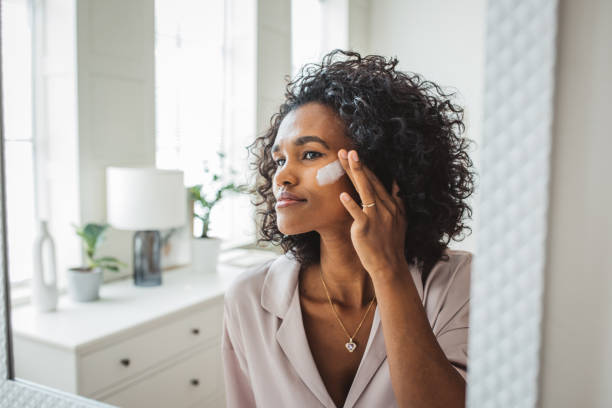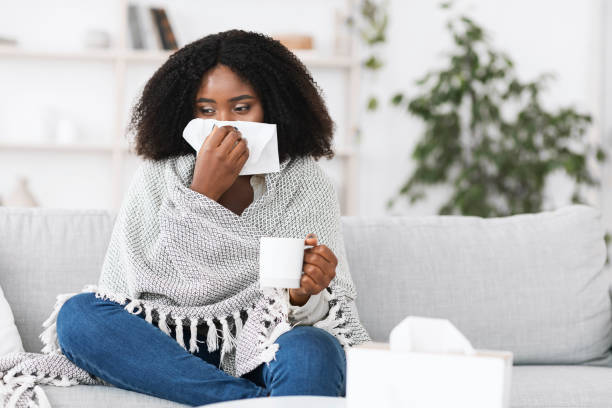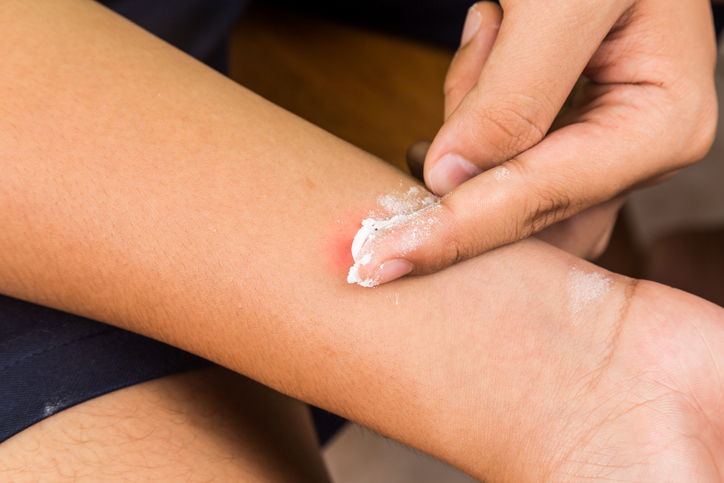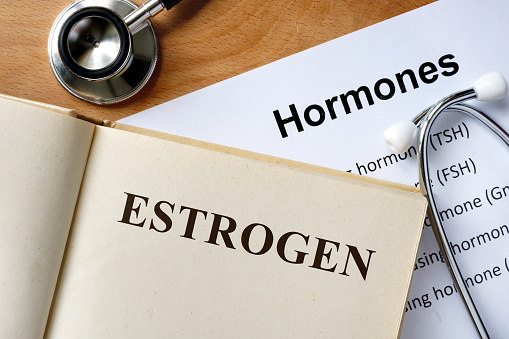
A crucial part of managing eczema is learning your triggers and how to avoid them. The problem is that some causes of eczema flare-ups are hiding in places you wouldn’t expect. Fortunately, it’s never too late to identify what’s causing an issue with your skin and how to deal with it.
5 Surprising Eczema Triggers

1. Jewelry
Whether or not you choose silver or gold jewelry, you might be dealing with another metal you didn’t expect - nickel. Nickel allergies can spark an eczema flare in those who are sensitive to it.
Since this sensitivity can develop after repeated exposure, it’s possible to have a sudden reaction to something that you’ve worn for a while.
It’s a good idea to ask about nickel content when buying a new piece of jewelry and watch out for adverse effects after wearing the ones you have. Bear in mind that nickel can also be present in zippers, buttons, snaps, and eyeglasses as well.

2. Viral Illnesses
When you get sick from a virus, your immune system rightfully reacts to fight it. The result is an increase in inflammation in your body, which can also manifest on your skin.
According to studies, your likelihood of an eczema flare-up increases with certain viral illnesses such as the cold, flu, and herpes simplex viruses. If you’re dealing with a viral illness, you should start treatment quickly to avoid a flare.

3. Candles
Most people with eczema know that they should avoid using products with fragrances on their skin. Unfortunately, the rule about fragrances extends to candles and air fresheners too.
Inhaling strong scents can affect allergies, which in turn can lead to an eczema flare. If you need something scented, consider milder fragrances like vanilla and only keep the candle lit for short periods. When using air fresheners, ensure that you’re in a well-ventilated area.
RELATED: This Popular Candle Brand Is Filling Your Home With Toxins
4. Insect Bites

When you get bitten by an insect, your body sends out an inflammatory chemical known as histamine to the affected area. This can result in an eczema flare.
The best way to deal with this is to start treating the bites with an anti-inflammatory cream as soon as possible. Some insects don’t even have to bite you to cause a reaction. For example, cockroaches can leave particles behind that cause skin rashes and a surge in your allergies.
5. Hormone Imbalances

The phrase ‘hormone imbalances’ might make you think about your menstrual cycle and how estrogen levels fluctuate. Those aren’t the only hormones that can affect your skin, though.
Changes in your thyroid hormones can cause eczema flare-ups as well. An imbalance in thyroid hormones can lead to dry, thin skin that is more prone to inflammation.
Since treating the flare will not be enough in this case, you should look for other signs that something is wrong with your thyroid gland. These signs may include unexplained weight loss, chronic fatigue, feeling jittery all the time, sweating profusely, and having trouble sleeping.
How To Deal With Them
When it comes to eczema flares, prevention is always preferable to treatment. However, depending on the trigger, that’s not always possible. If you suspect that something is affecting your eczema, you should stop using it immediately.
Taking your prescribed medication or applying topical creams that help to soothe inflammation should also help. Sometimes, an eczema flare may need a doctor’s intervention, though.
Some signs that you need to see your doctor include your symptoms getting worse despite using your medication, getting a fever, seeing red streaks, swelling, and seeing scabs with pus. In that case, you may have an infection that needs to be treated.
RELATED: 10 Oils That Can Treat Your Eczema Naturally
Why You Need To Manage Flares
Eczema flare-ups aren’t just uncomfortable, they can disrupt your daily activities. Furthermore, the inflammation can lead to cracks in the skin that make you susceptible to infections. When there’s an infection, you often experience painful rashes and sores that can only be treated with prescribed medication. For some people, the more frequent these flares are, the worse the infections become. Your best bet to maintaining healthy skin is to avoid triggers and act quickly when they happen.
The immediate signs of a flare-up are itching that gets worse at night, dry skin that gets swollen when scratched, dark or red patches of skin that might also have rashes, and thickening, cracked skin.
Living with eczema can be tricky when you have to avoid some of the simplest things. The good news is that more products are being made with people like you in mind. However, if you keep getting flares despite your best efforts, you might be dealing with an issue that needs your doctor’s attention.









